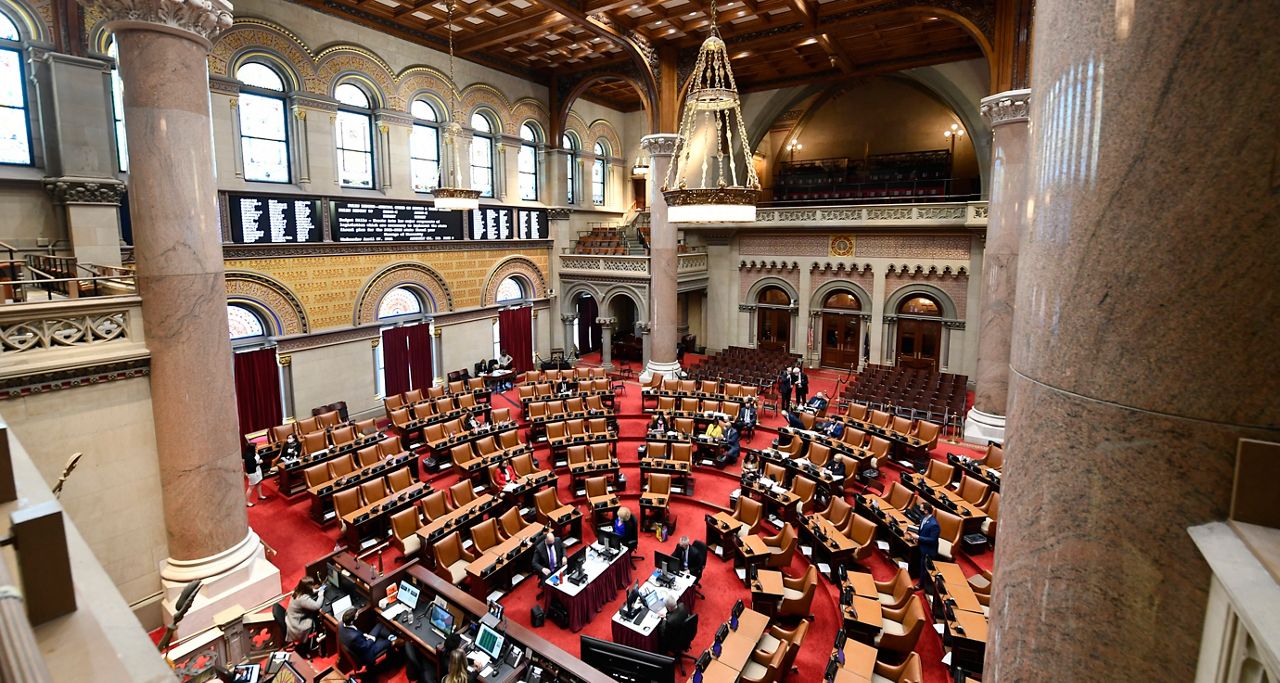New York state lawmakers will take control of the state's once-a-decade redistricting process this year after a commission failed to reach an agreement on district boundaries for the state Senate, Assembly and U.S. House of Representatives.
Senate Majority Leader Andrea Stewart-Cousins and Assembly Speaker Carl Heastie in a joint statement on Wednesday affirmed lawmakers will take on the responsibility to produce "fair maps" and approve them in the coming days.
"The statutory deadline for the Independent Redistricting Commission to submit congressional and state legislative maps has passed," the lawmakers said in the statement. "As per the New York State Constitution, it becomes the Legislature’s responsibility to consider fair maps that ensure all New Yorkers have equitable representation in their government. That is a duty we take very seriously. Given the expedited nature of the political calendar, we fully expect the Senate and Assembly to consider new fair maps in a timely manner. The plan is to vote on these maps next week."
Democrats hold supermajority control of both the state Senate and Assembly, giving them an advantage in the redistricting process. Lawmakers this month in a lopsided bipartisan vote rejected a set of competing maps drawn by Democratic and Republican-leaning members of the commission.
The commission itself was devised as a "reform" by then-Gov. Andrew Cuomo through a constitutional amendment meant to remove the process from the state Legislature. Critics have long argued elected officials have used redistricting as a way to ensure incumbents are re-elected and parties in power can maximize their advantage by, in essence, choosing their voters.
Redistricting this year comes also as Democrats are facing an uphill battle to retain control of the House of Representatives. With the margins narrow, Democratic victories in key House districts in New York could potentially make a difference in who ultimately wins majority control of the chamber.
New York is expected to lose one seat in the House of Representatives due to its stagnant population growth compared to the rest of the nation.


